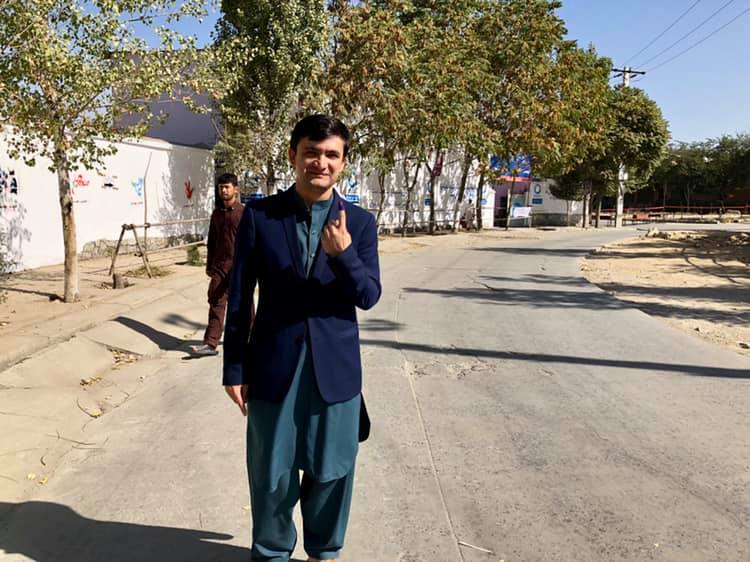Human rights advocacy plays a crucial role in shaping the social, political, and economic landscapes of third world countries. While the term “third world” is increasingly seen as outdated and reductive, it refers to nations facing significant challenges in terms of development, governance, and human rights. Human rights advocacy is essential in these contexts for several reasons, including promoting democratic governance, protecting vulnerable populations, fostering social justice, and contributing to sustainable development.
Promoting Democratic Governance
Many third world countries grapple with authoritarian regimes, political instability, and corruption. Human rights advocacy is instrumental in promoting democratic governance by reinforcing the principles of accountability, transparency, and the rule of law. Advocates work to ensure that citizens are informed of their rights and empowered to demand changes in governance. This advocacy often involves grassroots organizing, educating the public about their rights, and advocating for institutional reforms that protect civil liberties and ensure free and fair elections.
Importantly, human rights advocates serve as watchdogs, monitoring government actions and holding public officials accountable. In doing so, they help create an environment where democracy can thrive, leading to more stable and just societies.
Protecting Vulnerable Populations
Third world countries often have high levels of inequality, which can leave certain groups—such as women, children and ethnic minorities —particularly vulnerable to abuse and discrimination. Human rights advocacy raises awareness about these issues, working to protect the rights of marginalized populations. This advocacy can take many forms, from direct legal support and representation to broader campaigns aimed at changing public perceptions and government policies.
By spotlighting human rights abuses, advocates help mobilize resources and support for those who are often silenced. In many cases, international pressure and solidarity from global human rights organizations can lead to significant progress in addressing abuses and empowering vulnerable communities.
Fostering Social Justice
Human rights advocacy is intrinsically linked to the principles of social justice. In many third world countries, systemic injustices are woven into the fabric of societal structures, leading to cycles of poverty and marginalization. Human rights advocates work to dismantle these barriers, addressing issues such as land rights, labor rights, and access to education and healthcare.
The pursuit of social justice often involves grassroots movements that empower communities to engage in activism and demand change. By creating platforms for dialogue and collective action, human rights advocates help marginalized voices be heard, contributing to more equitable societies.
Contributing to Sustainable Development
The intersection of human rights advocacy and sustainable development cannot be understated. The United Nations’ Sustainable Development Goals (SDGs) emphasize the importance of human rights as fundamental to achieving sustainable outcomes. Human rights advocates are essential in ensuring that development initiatives prioritize the needs and rights of the most vulnerable, rather than exacerbating existing inequalities.
By promoting inclusive participation in development processes and ensuring access to resources and opportunities, human rights advocacy contributes to more sustainable and resilient communities. This focus on rights-based development enables communities to not only survive but thrive, fostering environments where all individuals can reach their full potential.
Last words
In conclusion, human rights advocacy is vital in addressing the complex challenges faced by third world countries. By promoting democratic governance, protecting vulnerable populations, fostering social justice, and contributing to sustainable development, advocates play an indispensable role in creating a world where dignity and rights are respected for all. As global citizens, it is our responsibility to support and uplift these voices, ensuring that the pursuit of human rights remains at the forefront of international discourse and action. Through collaboration and commitment, we can work together to create a future where human rights are universally protected, paving the way for lasting change and equity worldwide.
